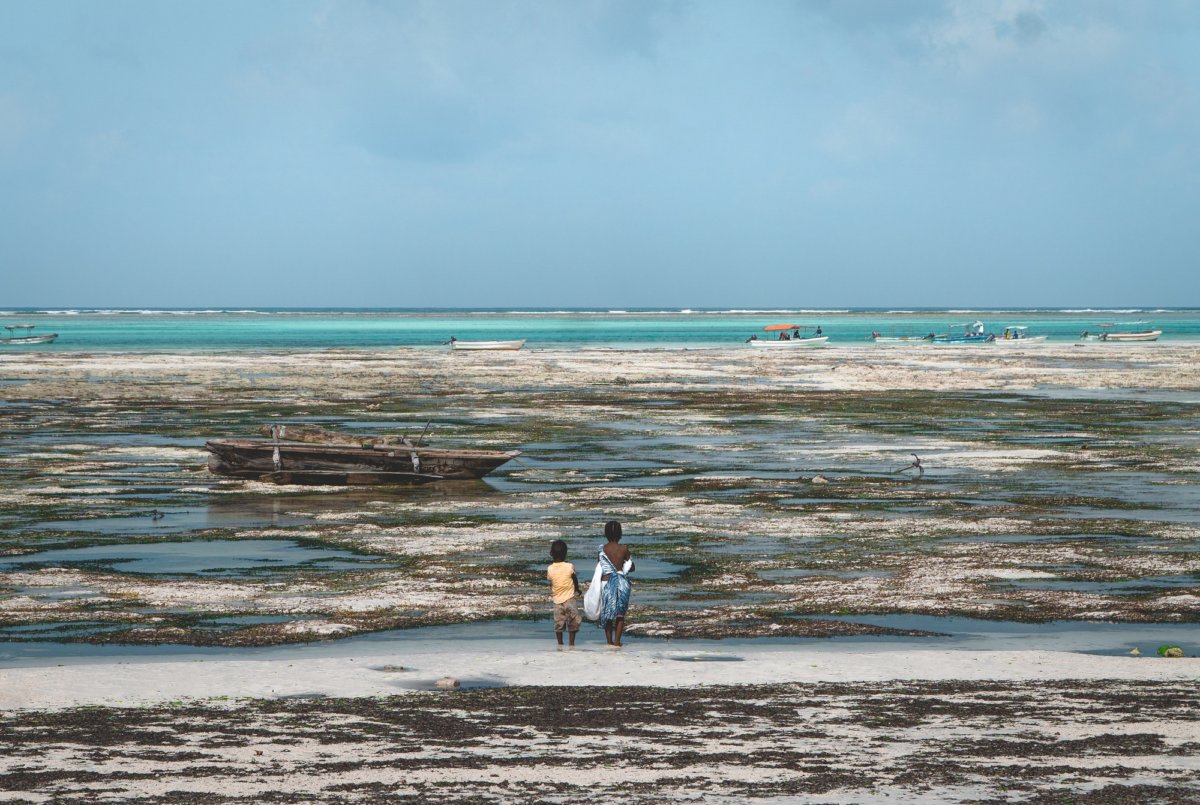Over the years, global focus and discourse on slavery has concentrated on the Trans-Atlantic trade that featured American and European merchants. One other trade has however remained largely ignored, and at times has even been treated as a taboo subject, despite being a key component of African history owing to the devastating impact it has had on the continent, its generations and its people’s way of life.
The Arab Muslim slave trade, also known as the trans-Saharan trade or Eastern slave trade, is noted as the longest slave trade, having occurred for more than 1,300 years while taking millions of Africans away from their continent to work in foreign lands in the most inhumane conditions.
Scholars have christened it a veiled genocide, attributing the tag line to the most humiliating and near-death experience slaves were subjected to, from capture in slave markets to labour fields abroad and the harrowing journey in between.
While official figures on the exact number of slaves captured from Africa in the Trans Sahara trade are contested, most scholars put the estimate at about nine million.
The Eastern slave trade in Africa was predominantly concentrated in the East and West African regions. In East Africa the coastal region was the preferred route and Tanzania’s archipelago of Zanzibar became a hub for this trade.
“The Arabs raided sub-Saharan Africa for thirteen centuries without interruption. Most of the millions of men they deported have disappeared as a result of inhumane treatment. This painful page in the history of black people has apparently not been completely turned,” read a loosely translated excerpt from The Veiled Genocide a book by Tidiane N'Diaye, a Franco-Senegalese author and anthropologist.
Enterprising Arab merchants and middlemen would gather in Zanzibar for raw materials including cloves and ivory. They would then buy black slaves who they would use to carry the raw materials and also work in their plantations abroad. Slaves from as far as Sudan, Ethiopia and Somalia would be availed at the Zanzibar market and shipped through the Indian Ocean to the Persian Gulf or Arabic Peninsula where they worked in Oman, Iran, Saudi Arabia and Iraq. African Muslims were however never captured as slaves due to the Islamic legal views.
On the other hand the Trans Saharan Caravan concentrated on the West African region straddling the Niger Valley to the Gulf of Guinea along the Trans-Saharan roads to slave markets in Maghreb and the Nile Basin. The voyage that could take up to three months involved inhumane conditions that saw slaves die along the way due to diseases, hunger and thirst. An estimated 50 percent of all slaves in this trade would die in transit.
While European merchants were interested in strongly built young men as labourers in their farms, the Arab merchants were more focused on concubinage, capturing women and girls who were turned into sex slaves while living in harems. So high was the demand that the merchants would double the price of female slaves with, the ratio of captured women to men being three to one.
“The practice of castration on black male slaves in the most inhumane manner altered an entire generation as these men could not reproduce."
Liberty Mukomo
Male slaves would work as field workers or guards at the harems. To ensure that they never reproduced in case they got intimate with their fellow female slaves, the men and boys were castrated and made eunuchs in a brutal operation by which the majority would lose their lives in the process.
“The practice of castration on black male slaves in the most inhumane manner altered an entire generation as these men could not reproduce. The Arab masters sired children with the black female slaves. This devastation by the men saw those who survived committing suicide. This development explains the modern black Arabs who are still trapped by history,” said Liberty Mukomo, a lecturer at the University of Nairobi Institute of Diplomacy and International Studies.
And even as Europe, one of the key players in the African slave trade, abolished the practice hundreds of years ago and the United States officially ended it in 1865, Arab countries continued the trade with majority ending it late in the 20th century. In Malawi, slavery was officially criminalized in 2007 with mentions of some Arab countries currently being involved albeit clandestinely.
“Even as the rest of the world realized the harm slavery did to an entire continent and made a declaration to abolish it, the Arabs protested it and it took a lot of international trade and revolt by the slaves for them to end it. But it is the degree and intensity with which it altered the entire social, reproductive and economic life of black people that made it more brutal and painful than the trans-Atlantic one,” said Liberty.
ΠΗΓΗ fairplanet


 In East Africa the coastal region was the preferred route of slave trade, with Zanzibar as its hub.
In East Africa the coastal region was the preferred route of slave trade, with Zanzibar as its hub.
Δεν υπάρχουν σχόλια:
Δημοσίευση σχολίου